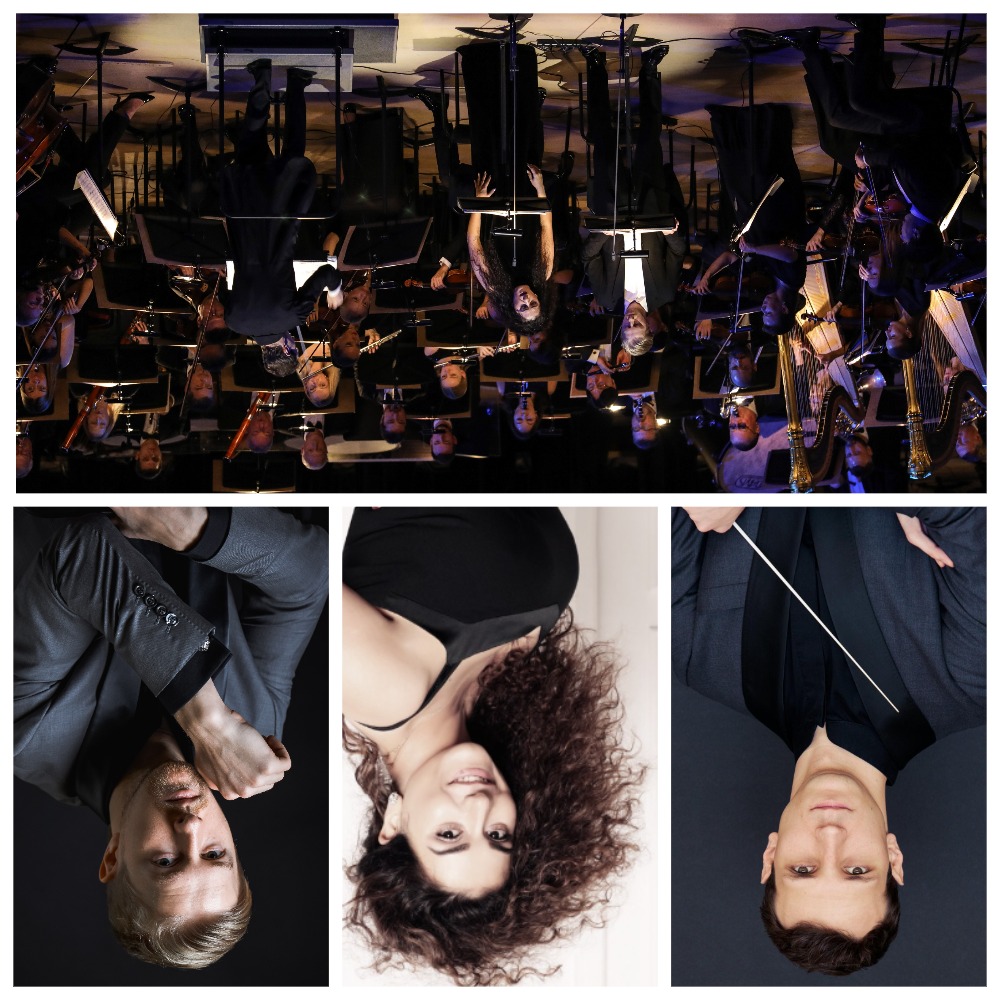November 12, 2023 | Zaryadye Concert Hall
Soloists: Anna Aglatova, soprano*
Igor Podoplelov, bass-baritone**
Conductor – Arsenty Tkachenko
Mozart. Symphony No. 35 in D major ("Haffner"), KV 385
Mahler. Kindertotenlieder (Songs on the Death of Children)**
Karłowicz. Chant éternel, Op.10
R. Strauss. 4 Letzte Lieder (Four Last songs)*
Conductor Arsenty Tkachenko with the NPR will present four works juxtaposed in one program according to the principle of maximum contrast. They are the lively Haffner Symphony by Wolfgang Amadeus Mozart, the tragic vocal cycle Kindertotenlieder by Gustav Mahler, the passionate triptych Odwieczne pieśni (Eternal Songs) by Mieczysław Karłowicz and the Vier Letzte Lieder by Richard Strauss – a kind of philosophical and poetic meditation about the twilight of one's life. The vocal parts in the songs of love, life, death and eternity will be sung by the Bolshoi star Anna Aglatova (soprano) and guest soloist Igor Podoplelov (bass-baritone).
Symphony No. 35 in D major was written by Mozart in 1782 on the occasion of the ennoblement of Sigmund Haffner Jr., the son of the late Sigmund Haffner the Elder, former mayor of Salzburg. Earlier, in his youth, Mozart composed a great many of inspired divertimentos, cassations, “night music”, drinking songs (among them the Haffner Serenade for the wedding of the elder Haffner's daughter). The Haffner Symphony, though very different in form and orchestration, also belongs to the already mentioned “light” things owing to its themes and vividness.
Gustav Mahler wrote the vocal-symphonic cycle Kindertotenlieder on texts by his favorite poet Friedrich Rückert, a representative of Late-Stage German Romanticism, who, after the death of his beloved daughters, wrote 428 poems to their memory, thus endeavoring to cope with his unbearable loss. Mahler chose five elegiac poems and put into music, with a rare psychological fineness, their polar images: love and death, a peaceful yesterday and an appalling today, sunshine and darkness, broken happiness and ever-blossoming nature.
The program will continue with an opus by Mieczysław Karłowicz, outstanding Polish conductor and composer. During his short life (only 33 years), he wrote a lot of piano, chamber and symphony music. Together with Szymanowski and Fitelberg he was a member of the Young Poland group which strove for modernization of Polish music in line with the achievements of European music of those times. Karłowicz is mostly known for his symphonic poems, written in the 1903-1908 period, including the Odwieczne pieśni – a symphonic triptych that pursues Wagnerian ideas about the fatal connection between love and death and follows directly the style of Wagner's operas.
The concert will end with Richard Strauss's vocal cycle Vier Letzte Lieder (Four Last Songs) which is regarded as the author's music will. Strauss wrote the Songs, using poems by Hermann Hesse and Joseph von Eichedorff, a year before his death in 1948, and they sound as the final accord of the composer's oeuvre (hence the well-known title given by the publisher who combined them into a cycle). Despite the absence of a cohesive theme, the Songs are kept together by their mood and motifs of consummation of a life journey.




